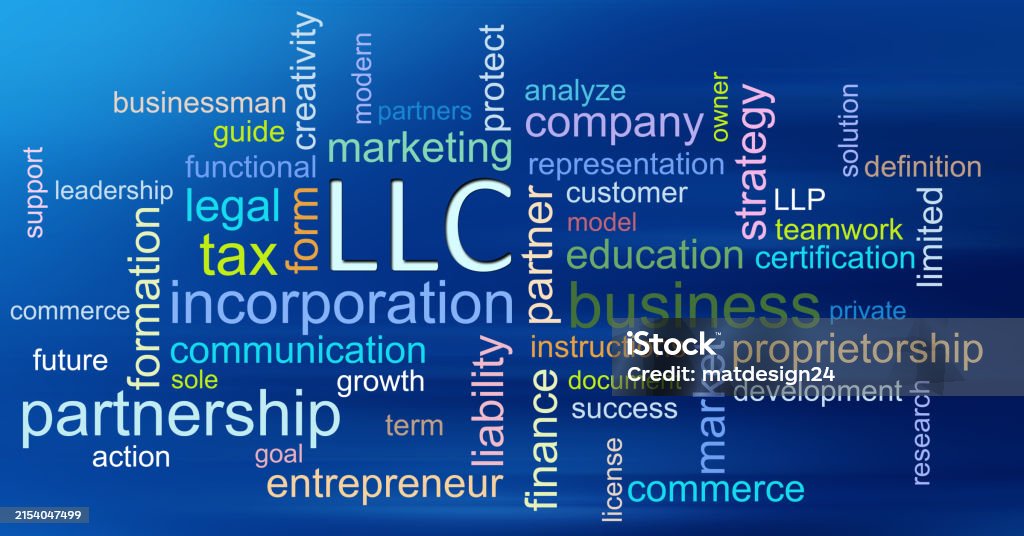Registered businesses in the country have to pay taxes on some taxable activities. VAT is levied on purchased goods, products imported and exported, install services provided, and certain organized events. Goods kept in a warehouse based in a country are subject to the value-added tax of the resident nation. Companies selling goods or providing services via the internet to customers in a foreign country are liable to the value-added tax compliance of the country.

Every company should ensure it registers for it before starting any business activity if it intends to engage in VAT-taxable activities. This should be done while incorporating the entity. After a value-added tax registration is approved, a number is assigned to the business by the regional tax authority. Not all activities have levied the tax, thus it is recommended to know the exemptions available before registration.
If you want to apply for the number for your business, or you are simply interested in learning about it, this guide provides the information you need.
VAT registration thresholds
Companies that are owned by non-residents in the country and that have already registered for VAT, and goods and services tax in their home country are exempt from the threshold requirement for registering for VAT. However, the threshold for registering as a “distance seller” in Sweden is set at 320,000 Swedish Krona (SEK) each year for EU companies who offer their products to Swedish consumers via the internet. If a company’s annual sales are below the minimum required for tax-free online transactions, then the company could be required to pay taxes in the nation in which it is headquartered.
Format of a VAT number
A Sweden VAT number is unique and only issued to companies doing business within its territory. All EU member nations have their specific format of the number. The number for this country has the prefix SE before its twelve digits. To get it, an application must be submitted, and upon approval, it is issued. It may take three to four weeks for a company to be allocated a unique Swedish VAT number.
Registration
Foreign companies registering for a Swedish VAT number, have to submit a copy of their signed application to the Swedish Tax Agency in either Malmo or Stockholm. The Malmo tax office manages registrations from companies located in the listed countries: Albania, Bosnia-Herzegovina, Czech Republic, The Faeroe Islands, Germany, Hungary, Italy, Macedonia, Montenegro, Portugal, Romania, Slovakia, Slovenia, and Turkey. The Stockholm foreign tax office handles registration for other countries. Non-established businesses must fill out form SKV4632, which is available on the Swedish tax office website at www.skatteverket.se for download. Though there is no penalty for delaying a Swedish VAT registration, failure to register in time may lead to facing penalties related to failure to submit value-added tax returns, delayed returns, and late or non-payment of VAT. After a business gets it, it can start trading and be charged value-added tax. It has to comply with the Swedish tax compliance rules, and file regular returns.
It is important to keep in mind that according to the EU VAT Directives, a firm with its domicile in another member state of the EU does not require a fiscal representative in Sweden. A non-EU corporation, on the other hand, is required to retain the services of a fiscal agent, who then takes on some of the responsibility for the value-added tax duties.
Required information during the registration
The following documents are required by the Swedish tax office for proper processing during the registration:
- A certificate of incorporation
- A copy of the passport (applies to sole traders only)
- A power of attorney (if a fiscal representative is hired)
You may also find these articles helpful
Guide on company registration in Sweden
Breakdown of Sweden company registration fees and expenses
Guide on obtaining EORI number in Sweden




